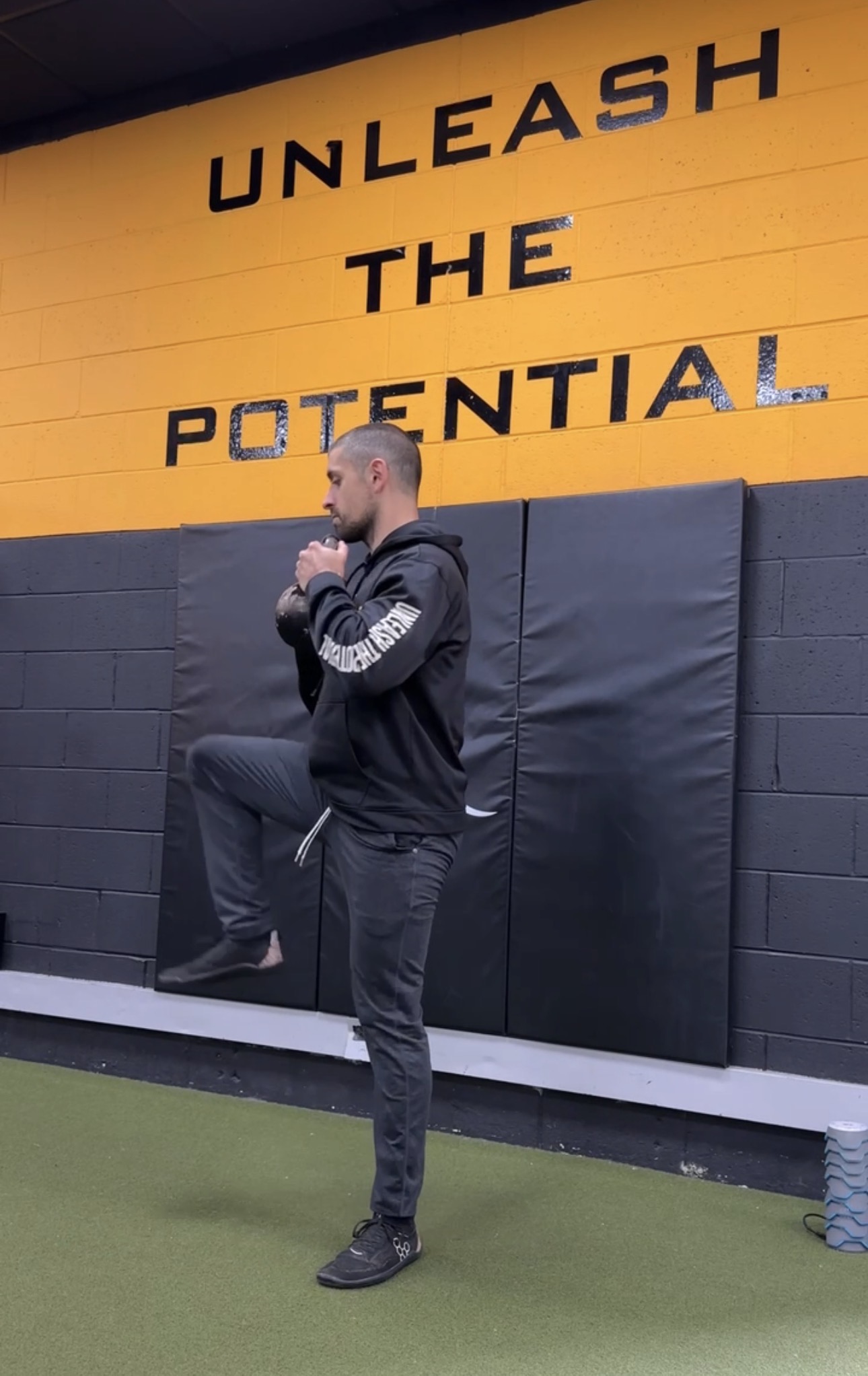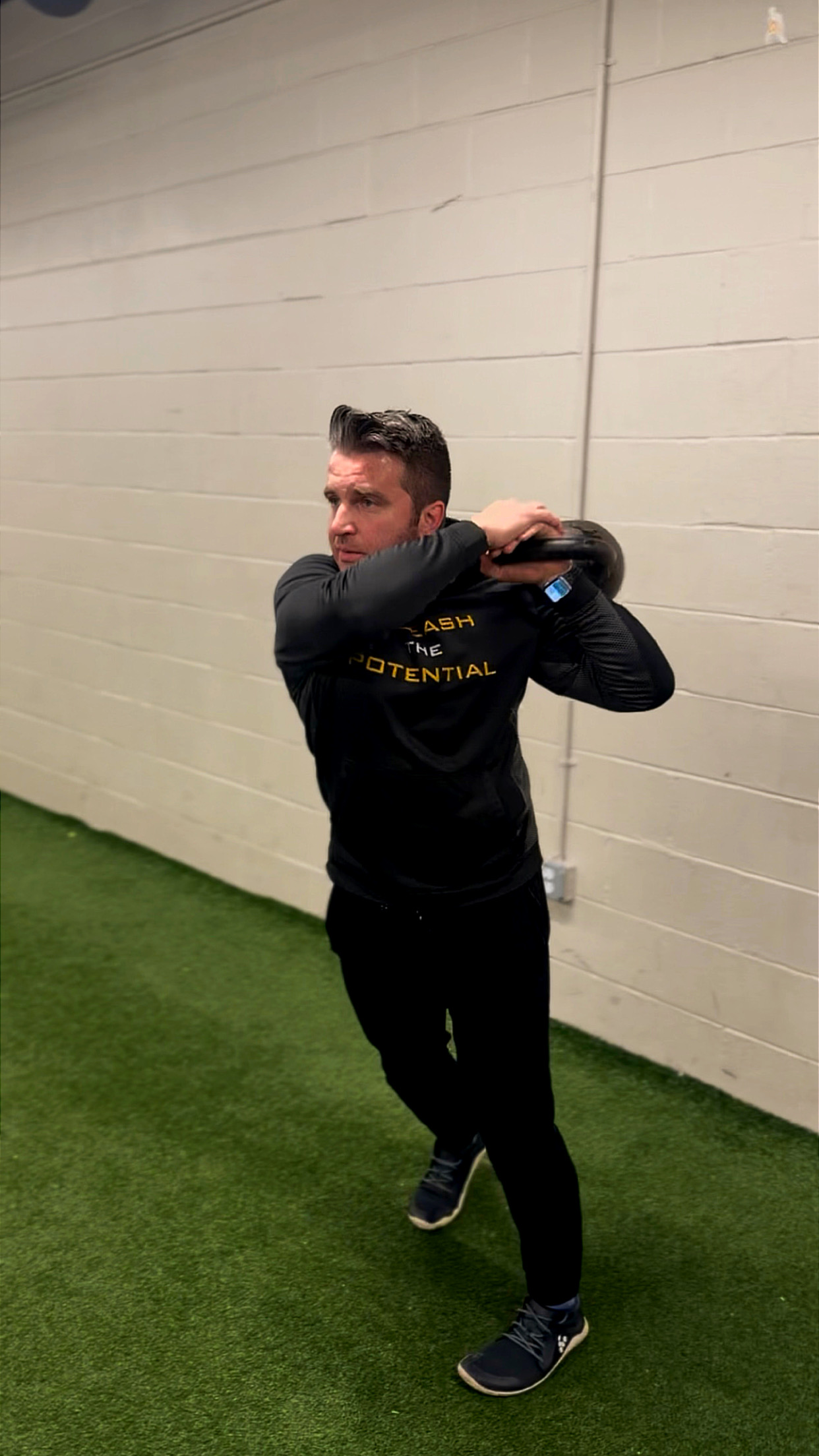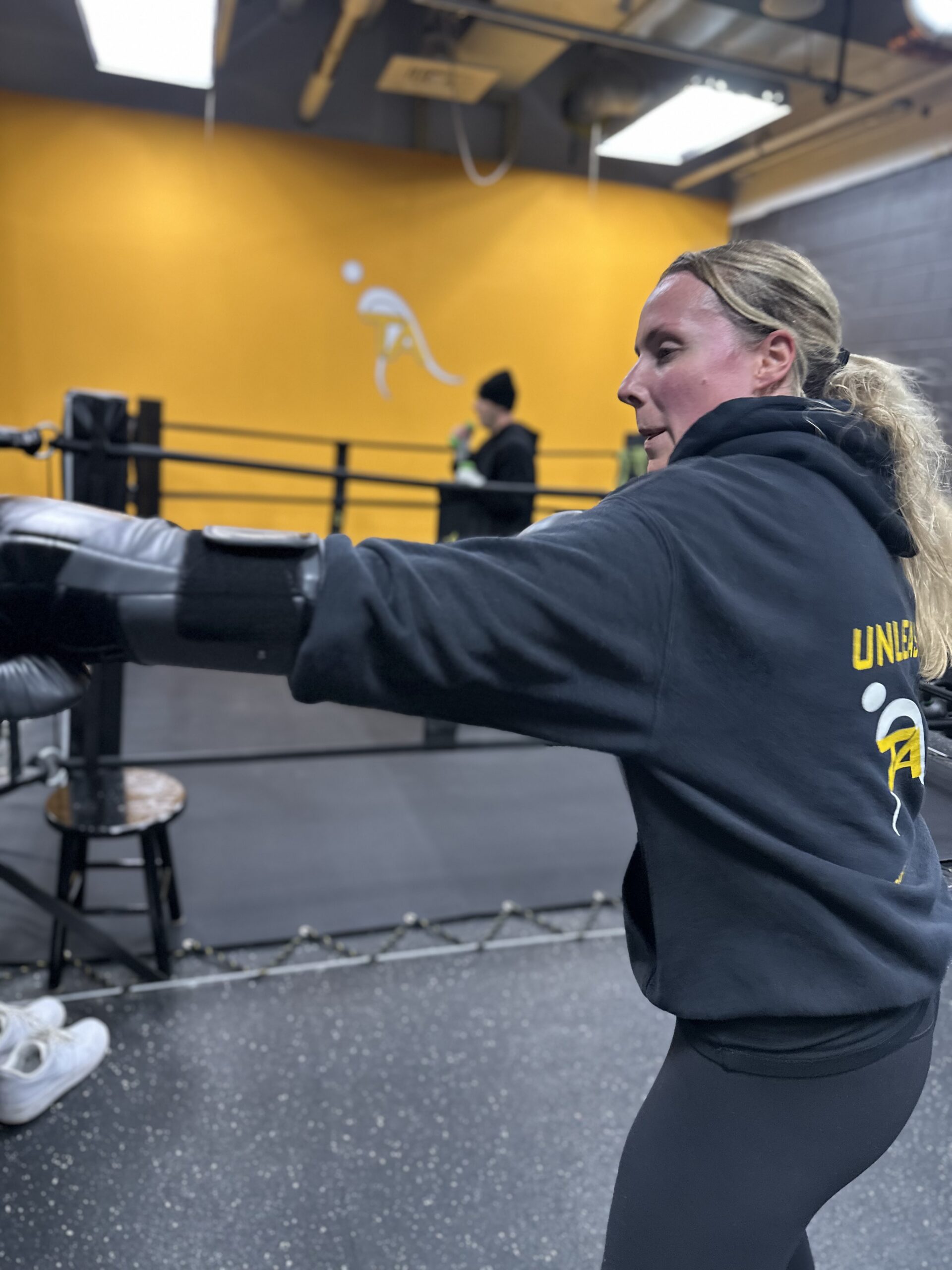Many parents and athletes are often curious about the latest trends or training methods that promise overnight improvements in performance. The truth is, no quick fix or magic program guarantees instant success. Athletic performance is highly individualized and depends on factors such as motivation, dedication, and personal goals.
When it comes to youth athletics, parents naturally want the best for their children. However, expectations can sometimes become unrealistic. To support your child’s athletic development, it’s important to keep these 4 things in mind to avoid making common misconceptions and pitfalls:
1.) Focus on Individual Success
While it may seem natural to compare athletes based on playing styles, positions, height, or age, these comparisons don’t define an athlete’s success or potential. Performance and development are influenced by individual progress and how the body adapts to training stressors.
Keep in mind that puberty affects each athlete differently. For younger athletes, those who haven’t hit puberty yet may eventually adapt and progress faster as their bodies mature. Conversely, athletes who have already gone through puberty may still be learning to manage their movements as they adjust to their growing bodies. Patience is key, as each athlete develops on their own timeline.
2.) Emphasize Long-Term Progress
Raw talent exists, but for most athletes, progress takes time. Developing strength, speed, and agility—especially fast-twitch muscles—requires consistent, long-term training. For youth athletes, the focus should be on building a strong foundation before adding weight or intensity.
Avoid rushing the process, as pushing too hard too soon can lead to burnout or even stunt physical growth. Instead, prioritize slow, steady progress to ensure your athlete is ready for more advanced training in the future.
3.) Avoid Believing the Adjustment Will Be Easy
Every athlete’s journey is unique, and no single program works for everyone. Factors such as learning ability, neurological adaptations, changes in height or weight, and energy levels all impact progress.
It’s also important to recognize that not every young athlete will approach training with the same level of seriousness. Some may find their passion for sports later in high school, while others may want to play recreationally rather than competitively—and that’s okay. Talk with your child about their goals to ensure you’re aligned with their aspirations, not just your expectations.
4.) Progress Isn’t Linear
Progress in sports is rarely a straight path. It’s normal to have ups and downs in motivation and performance. Some days your child will feel strong and energized, while other days they may feel tired or unmotivated.
Focus on celebrating small wins, such as:
- Feeling more comfortable with exercises
- Moving weights with greater ease
- Improved breathing and endurance
- Gradual increases in workout intensity
Consistency is the key to long-term success. If progress stalls, take time to reassess the training routine and make necessary adjustments.
Final Thoughts on Youth Athletic Development
Supporting young athletes means setting realistic expectations, encouraging patience, and fostering open communication about goals. Remember, every athlete’s journey is different. By staying consistent and focusing on long-term development, you can help your child achieve their full potential—on and off the field.
Written By:
Darrid Watson, CSCS, NSCA-CPT
Take action… Now!
Voorhees Flyers Training center.
The Hollydell ice arena, in the main building.



